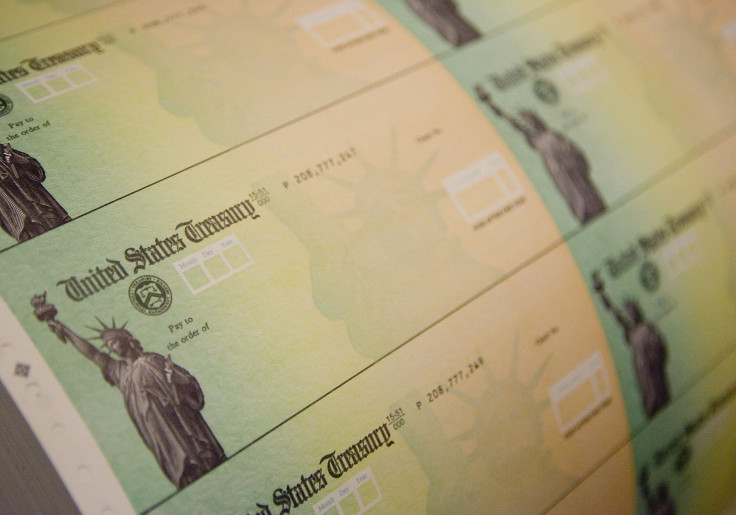Why Americans May Have Stimulus Check Garnished By Debt Collectors
The first wave of the $1,400 stimulus check has already been sent out, but some Americans may not have noticed much of a difference in their accounts due to a loophole in the $1.9 trillion American Rescue Plan.
While the most recent stimulus bill does not allow for funds to be garnished to pay back child support or private debt collectors, the check can be taken by debt collectors to pay outstanding medical bills or unpaid credit card bills, Complex noted.
Although the previous stimulus was protected from this loophole, President Biden’s bill was passed through the budget reconciliation process and lawmakers weren’t able to incorporate that layer of protection in the most recent bill.
Last week, the American Bankers Association wrote a letter demanding lawmakers fix the loophole.
“It is simple to code the payments as exempt, and we believe it is imperative that Congress ensure that these next stimulus payments are treated as ‘benefits’ subject to the federal exemption from garnishment,” the ABA wrote in a letter last week.
“Otherwise, the families that most need this money—those struggling with debt and whose entire bank accounts may be frozen by garnishment orders—will not be able to access their funds.”
Those who have already had their checks garnished by debt collectors should keep an eye out for a claim for exemption notice in the mail, reported KTUL, an ABC affiliate in Tulsa, Oklahoma. The form should be used to mark the “hardship” box and request a hearing.
It is advised that those appealing their garnishments gather their bank statements to show where their money is coming from and how it is spent. A budget featuring monthly income expenses should also be created.
From there, a judge will decide whether debt collectors should have garnished the recipient’s check.
Congress is expected to bring forth legislation next week that will fix the loophole and stop the garnishment of the checks.

© Copyright IBTimes 2025. All rights reserved.






















